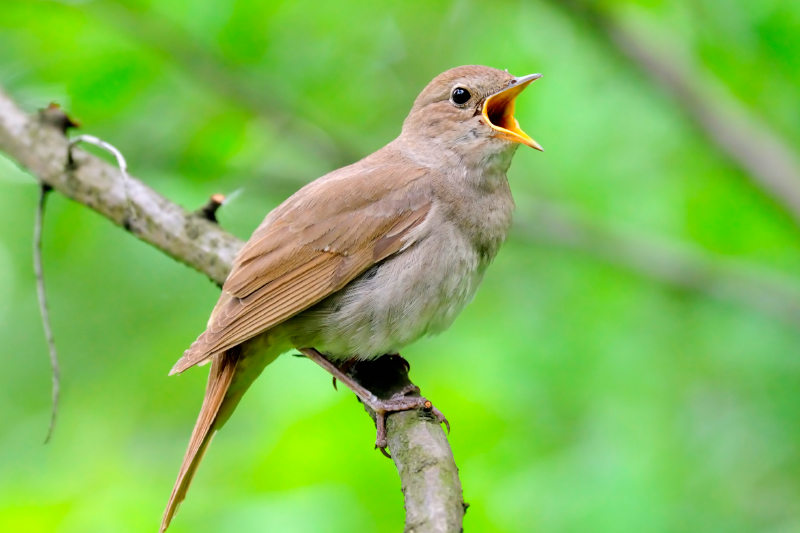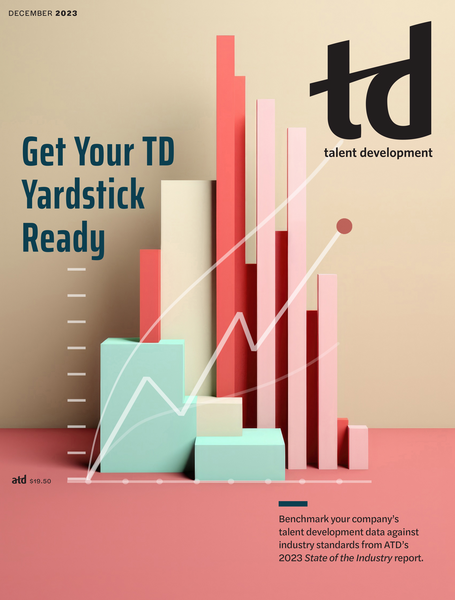TD Magazine Article
Worker Productivity Depends on Chronotype
If early birds are catching all the worms, do night owls go hungry?
Fri Dec 01 2023

If early birds are catching all the worms, do night owls go hungry?
Collectively, workers across the world have thrown out the unwritten rules on working from home, blurring the already-thin lines of work-life balance. During the first year of the pandemic, the National Bureau of Economic Research reported off-hour emails increased by 8 percent.
In fact, MyPerfectResume found that, of the 1,500 workers it surveyed, 94 percent reported working outside their preferred work hours. The Productivity Puzzle: Night Owls vs. Early Birds at Work also reveals that most respondents (55 percent) prefer to work a standard 9 a.m. to 5 p.m. day. The next closest preference was starting earlier in the morning and ending earlier in the afternoon (24 percent).
Fifty-nine percent of employees classified themselves as early birds. Consequently, 65 percent of respondents feel most productive in the morning, hitting a wall after lunch, with 28 percent saying they feel least productive from 12 p.m. to 3 p.m.
That majority is not the only voice in the report, however, because 25 percent of workers identified as night owls.
"Employers should strive to create a work environment that respects individual chronotypes, which can positively influence employee satisfaction and performance," the report explains. "Meanwhile, workers should be aware of their preferences and consider seeking accommodations or advocating for flexible work arrangements to maximize their productivity and well-being."
Employees are well aware of the effects of working odd hours, with nearly two-thirds reporting a drop in productivity when they work off the clock. With that in mind, almost half of respondents said they've spoken to their managers about their working preferences and that managers were supportive and accommodating. Unfortunately, about four out of 10 said their supervisor was unsupportive or unaccommodating.
Without that flexibility, employees reported that working outside of their preferred hours has caused mood swings or irritability, physical health issues such as headaches, and difficulty concentrating or focusing.

